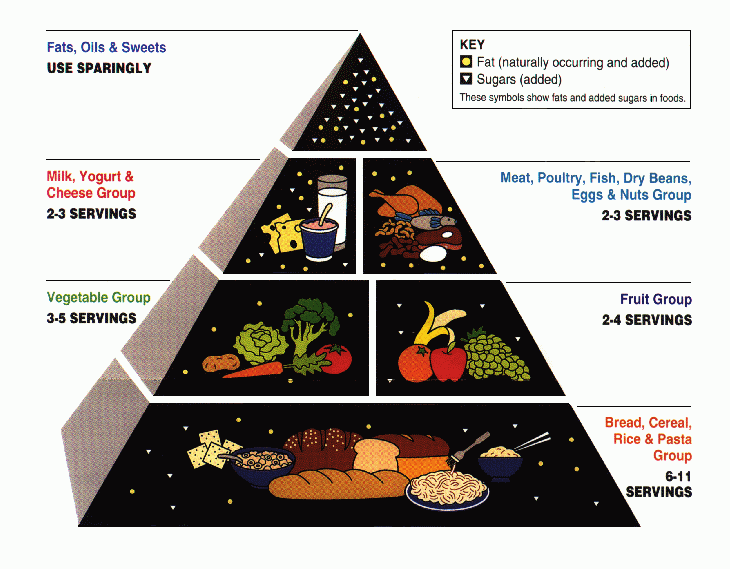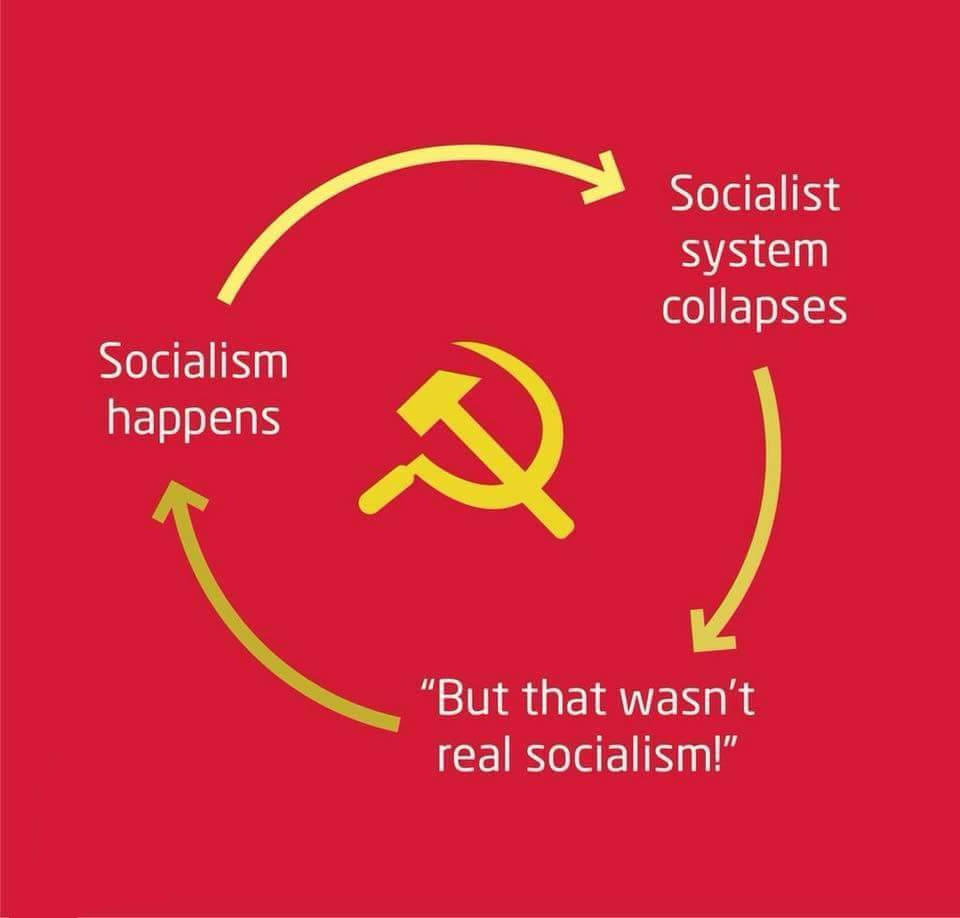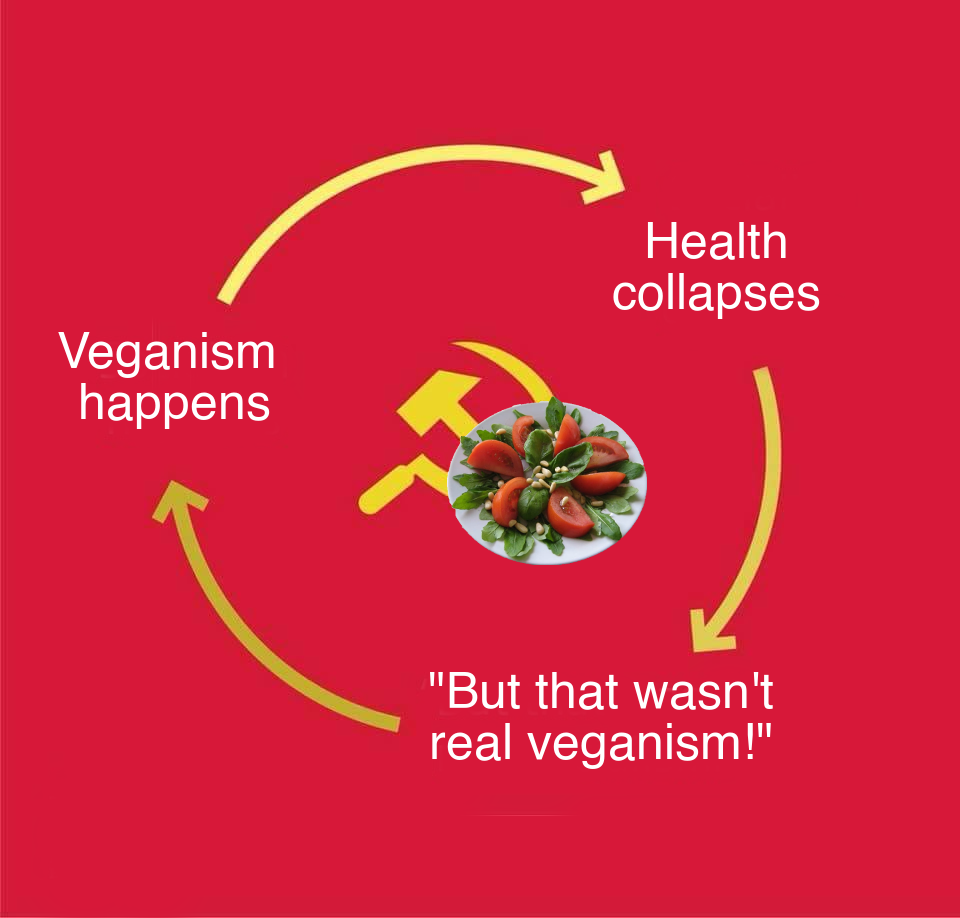The Politics of Meat: Dietary Marxism
Posted By Jef Costello On In North American New Right | Comments Disabled
Shawn Baker, M. D.
2,480 words
Since going on the carnivore diet [1], I’ve also been delving deeply into Carnivore subculture. It has been an eye-opening experience. As we are constantly being reminded, Americans are now divided along political lines like never before. What kind of car you drive, where you shop for groceries, whether or not you smoke, what kind of regional accent you have, whether or not you live in a city, whether you hunt or own a gun, what programs you watch, where you get your news, whether you went college, what you majored in, who (or what) you have sex with, and, yes, what you eat: all of it is now political. Even before delving into Carnivore culture, I had suspected that it was going to be crypto-right-wing. I was wrong, however — but only about the “crypto.”
The first clue, of course, is that Jordan Peterson and his daughter are advocates of the diet. But that didn’t mean much to me, since Peterson doesn’t really impress me as being much of a conservative (or much of anything, for that matter). Peterson talked about it on Joe Rogan, who has now tried the diet and reported good results [2]. This was not, however, primarily due to Peterson, but to another guest that Rogan had on his show, Dr. Shawn Baker.
Baker, 53, is a 6-foot-5, square-jawed, hypermasculine, bodybuilding orthopedist who served as a combat trauma surgeon with the US Air Force in Afghanistan. Prior to that, he was in charge of the nuclear weapons launch system at F. E. Warren Air Force Base in Cheyenne, Wyoming, where he was named Missile Combat Crew Commander of the Year. Before the military, he played professional rugby in New Zealand. This missile-hefting mesomorph has emerged as the leading light of the all-meat movement. Baker, who named his first child Saxon (hmmm. . .), is the author of The Carnivore Diet [3], published by Victory Belt, a company owned by Erich Krauss, professional Muay Thai kickboxer and co-author (or ghostwriter) of books by Anderson Silva, B. J. Penn, Forrest Griffin, and other MMA superstars.
Baker begins his book with the story of how he came to Carnivore. It’s pretty much the same story told by every one of the diet’s advocates. It begins when he considers the possibility that everything he’s been told about eating healthy is wrong. But in order to engage in this sort of questioning, about any topic, one has to already have a healthy predisposition toward freethinking. Baker writes at one point: “When I ask someone what the ‘truth’ is about a topic, the person often looks at me as if I’m some kind of weirdo. I may, in fact, be weird, but that’s beside the point, which is that often we don’t know what the truth is because we consider the ‘truth’ to be whatever we’ve heard the most. We see this in religion, politics, and nutrition.”
Such questioning does not usually begin with diet, but with some other area. We discover that everything the authorities tell us about topic X is a lie, then we begin to consider whether everything might be a lie. It’s a familiar pattern with those of us on the Dissident Right. I started my political journey in the mid-90s by challenging conventional wisdom on a certain topic — and then I just kept on challenging. After a while, I developed a simple methodology: on considering any issue, begin by entertaining the possibility that the truth is the exact opposite of what we have been told. This approach has made me the complete and total pariah that I am today.
The rise of the Carnivores reflects the general breakdown of trust in authority that has beset the US at least since Watergate, and has now become acute in the wake of the unhinged Establishment response to Donald Trump. Polls show that trust in the media and in government is now at an unprecedented low. Even trust in our so-called “experts” has also taken a hit, including the medical profession. Doctors now seem to be in the business of hooking patients on pills, or hoodwinking them into unnecessary surgeries. When Shawn Baker refused to perform unnecessary but lucrative surgeries on patients, his hospital colleagues conspired to have him “investigated” and to have his medical license revoked. It has since been reinstated, and Dr. Baker exonerated, but you would never know this from vegans, who insist on mentioning that Baker’s license was revoked whenever his name comes up.
Not surprisingly, trust in the medical profession — and in government, and media — is highest among the elderly. My parents were smart people, but they basically thought that the heads on TV weren’t allowed to lie, and that doctors are divine emissaries dispatched from Olympus to heal us. With everyone under 80, that trust is long gone. All authority has broken down, and we are alone. Nobody is coming to save us; in fact, nobody seems to give a damn about anybody else anymore. It is an age of acute questioning and skepticism. And it was only a matter of time before everything we thought we knew about nutrition got challenged.
What if the gospel of healthy eating that’s been shoved down our throats for years is actually a swindle? We’ve known for a long time that the “food pyramid” we learned in school is a complete and total lie, a product of collusion between the United States Department of Agriculture and big agribusiness. The pyramid inverts the truth, demanding that the bulk of our nutrition come from bread, cereal, rice, and pasta, followed by giant heaps of fruits and vegetables, followed by tiny dollops of meat (I guess the meat industry has a lot less pull). Do you suppose there could be any connection between the food pyramid and the fact that fully 40% of Americans are now classified as obese?

What if meat not only isn’t going to kill us (as vegans like to claim), but is exactly what our bodies need in order to be healthy? What if we don’t actually need carbs or veggies? What if veggies are actually bad for us? It was Dave Asprey who was responsible for popularizing the idea that vegetables contain toxic chemicals that deter animals from eating them. These chemicals are the reason most plants are not edible. Even Popeye’s beloved spinach contains toxins that are neutralized only when it is cooked (and sometimes not even then). You see, the plants don’t want to be eaten either.
What if we don’t need fiber to poop? Baker writes, amusingly, “I don’t recall the early Arctic explorers having to administer enemas to the Inuit populations when they arrived. Perhaps the handful of berries the Inuits would occasionally eat in the summer was sufficient for keeping them regular throughout the rest of the year.” The Inuits, in case you don’t know, subsist entirely on a meat-based diet (or did so when last heard from).
Further, what if veganism is actually a one-way ticket to disease and even madness? It is when Carnivore and vegan collide that the political aspects of diet are brought out in bold relief. It is also when the Carnivore lifestyle begins to look like something much more than a prescription for healthy eating. It begins to look, in fact, like a political reaction against limp, soy boy effeminacy and the entire worldview that makes it possible.
As you might imagine, vegans are ever so slightly “triggered” by the Carnivore Diet. If ever they needed an archenemy, a Blofeld or a Lex Luthor, they found it in Shawn Baker. Baker is, in fact, the very embodiment of everything that is hated and despised by the sort of people who are drawn to veganism. He is a jock. He is ex-military. He is a powerlifter. He eats four pounds of beef a day and isn’t shedding any tears over Bossy the Cow. “Yes, it’s harsh to talk about animals as food,” Baker writes, “but ultimately that is what they are.” And if we go way, way back (in time and in the dark depths of the vegan soul) he is the guy who called them “fag” in the fifth grade and ridiculed their unprepossessing manhood when it got exposed after gym class. Their entire outlook on life is founded in ressentiment against the Shawn Bakers of this world.
At first, Baker was delighted to debate with vegans. But what followed was predictable:
Soon I realized that these people were completely invested in an ideology and would not be swayed no matter what facts were presented to them. I quickly found that when I asked, “Would you eat meat if it would improve your health?” the answer was always, “No!” To me, this response indicated complete irrationality; I muted and eventually blocked these people on social media because interacting with them became a huge waste of time and energy. Ironically, some of them ultimately told me that they gave up veganism and improved their health after following my work.
And then, right on cue . . . (wait for it, wait for it): “More and more vegans started attacking me; some even compared me to Satan and Hitler.” Of course, the irony of comparing Baker to Hitler is completely lost on these people: Hitler was a fanatical vegetarian. Then again, that was a very long time ago. Today, vegetarianism and veganism are almost exclusively associated with Leftist politics. Just as you’re not going to see any Teslas in the parking lot at the gun show, so you’re probably never going to meet a vegan or vegetarian who didn’t vote for Hillary.
Baker’s analysis of veganism suggests that there is a high correlation between the diet and insanity. Of course, here we face a chicken and egg problem: did veganism drive them mad, or did madness lead them to choose veganism? I would suggest that it’s a bit of both: veganism tends to dramatically worsen the mental state of the fragile, life-denying weaklings who are attracted to it. (There are even vegans so insane they’ve tried to force the diet on their cats and dogs [4].) Of course, some of these people come to their senses, and Baker offers case studies, including one involving a girl named “Mindy”:
Over the next six months [after adopting veganism], Mindy became more and more negative in her interactions with people in her online community. She even began to advocate for violence against people who ate or produced meat. After an episode of intractable vomiting that led to severe dehydration, she checked herself into a hospital. She weighed only 94 pounds. The doctors at the hospital rehydrated her via intravenous fluids and controlled her vomiting with medications. [Emphasis added]
Fortunately, according to Baker, Mindy turned to meat and made a full recovery. In one of his YouTube videos [5], Baker features a clip of a young Asian-American vegan who has smeared herself with feces. “Look at me covered in feces!” she says, with a kind of “Let’s all drink the Kool-Aid” tone. “I am just so gorgeously covered. Isn’t that beautiful?! And I do this to glorify God, to put my ego into remission.” She then begins giggling maniacally. “Do you think? [Giggle] Do you think at all? [Giggle, giggle] No, you’re not thinking, are you? So this is my ego . . . it’s so . . . so [convulses in laughter].”
Of course, videoing the whole thing and putting it on social media for thousands to see and “like” is hardly a sign of an ego in remission. The narcissism of these vegan-SJW-hipster-soy boy types has actually gotten downright spooky, hasn’t it? It’s as if there is no one inside their bodies. They are all just surface: display, signaling, and abject conformity. Baker’s comment about this wacko is priceless: “Okay, if you wake up in the morning and decide you want to cover your body and face in feces, clearly something is not right. I don’t know how many steaks it would take to fix this person, but it’s going to be a lot.”
For me, the most fascinating part of Baker’s book is where he quotes a comment left by a vegan on one of his YouTube videos. The comment reads as follows:
Carnists [i.e., meat eaters] are triggered and worried. They know their way of life of eating animal flesh will end soon. They feel threatened. It’s just a matter of time before all people on the planet will be vegan. Carnism is not sustainable. We activists target children, teaching them the loving ways of veganism and an all-plant diet. Eventually, laws that are fueled by vegan activism will be enacted to make it illegal to kill animals for food. New generations will come into power, armed with vegan knowledge to change the landscape. The few carnist holdouts will have no choice but to go vegan or face prison and even death. You will discover it’s wonderful, healthy, and compassionate. Carnism will soon be a thing of the past. There is nothing to fear.
Note the claims of historical inevitability: meat-eating is “not sustainable”; it will come to an end. It will be replaced by veganism. The revolution will inevitably sweep the entire globe, and usher in a new era of vegan humanity. Note the agenda of “consciousness-raising”: children will be “targeted” and bombarded with vegan ideology; adults will be re-educated. All of this is to be led by activists “armed with vegan knowledge.” Note also the mixture of “love” and death threats: accept “the loving ways of veganism” or “face prison or even death.” Note finally the standard trope of claiming that their opponents are “fearful” reactionaries rebelling against the inevitable. I’m reminded of one of Sean Tejaratchi’s “Social Justice Kittens” aphorisms: “Your rage comes from fear and hatred; Our rage comes from love.” (An actual quote from an SJW.)

Veganism is dietary Marxism. The entire ideological structure of Marxism is present in veganism, it’s just that the cast of characters has been changed. Animals (chiefly bovines, I suppose) are the new proletariat; “carnists” the new bourgeoisie. The parallels are too obvious to require further comment. The cherry on the cake comes when Baker discusses the countless cases of people whose health has been ruined by veganism. However, instead of questioning the diet “vegan evangelists will say, ‘Those people just didn’t do it correctly.’” In short, it’s exactly like this well-known meme:

To which we can now append this adaptation, which I had specially created for this essay:

(Feel free to share.)
If you want to support our work, please send us a donation by going to our Entropy page [6] and selecting “send paid chat.” Entropy allows you to donate any amount from $3 and up. All comments will be read and discussed in the next episode of Counter-Currents Radio, which airs every Friday.
Don’t forget to sign up [7] for the twice-monthly email Counter-Currents Newsletter for exclusive content, offers, and news.